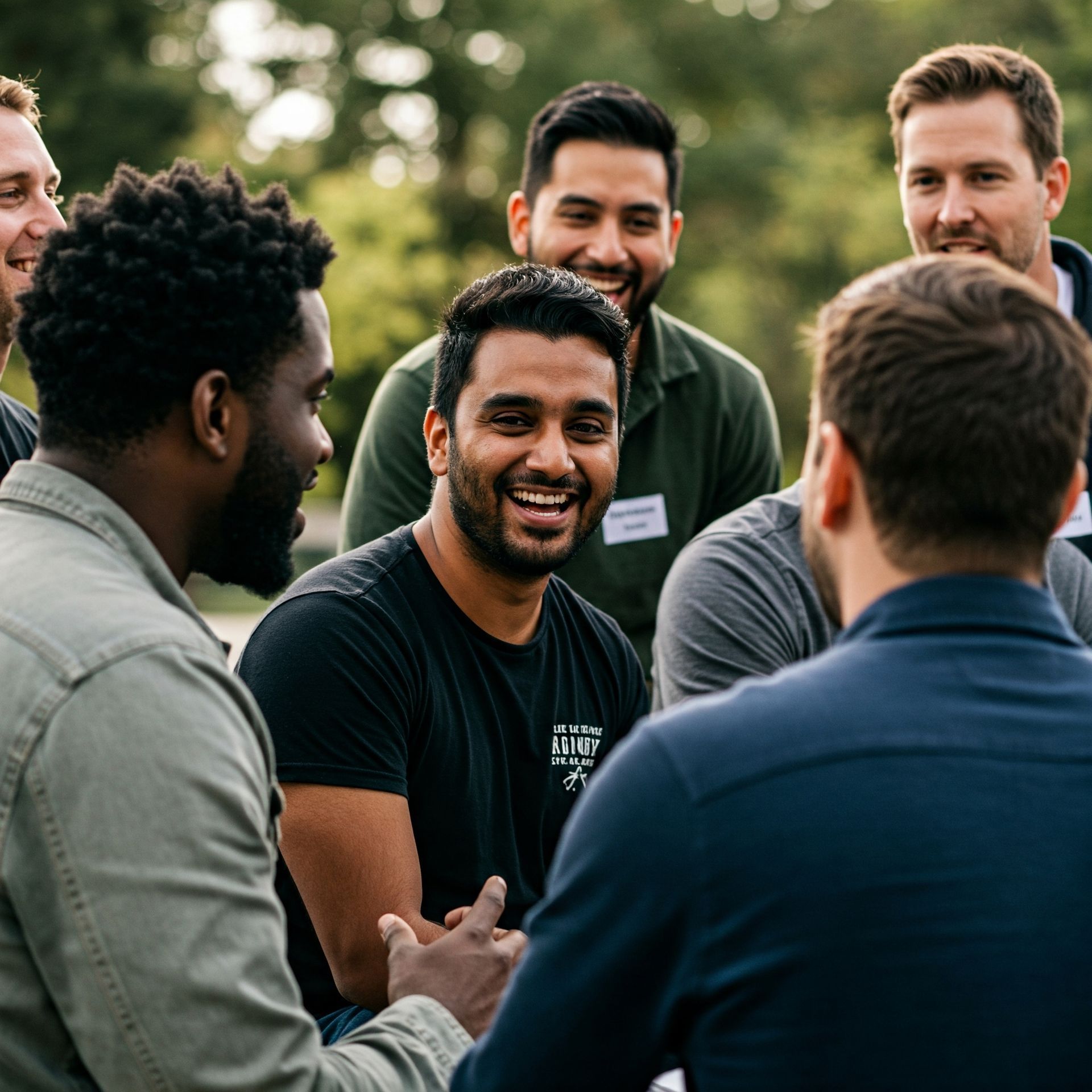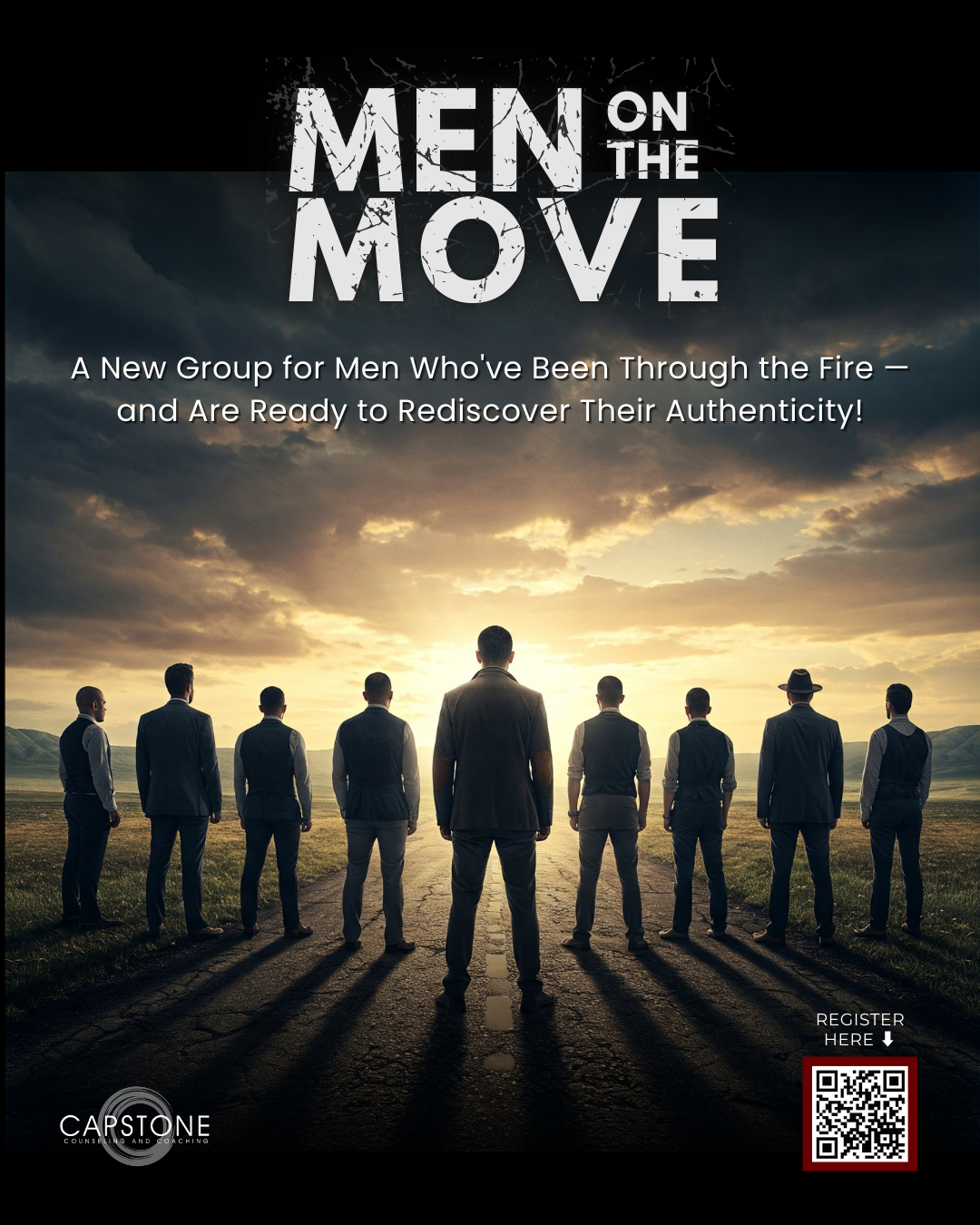It’s not because men are weaker. It’s because the terrain has changed—and the map is in limbo.
For generations, men were expected to live by the playbook: Be a good provider. Solve the problems. Hide your feelings. Never show weakness. Like all roles of a certain era, It was harsh, even limiting—but at least it was clear.
Today, that script is in shreds. Instead, men navigate a labyrinth of contradictions, perpetually caught between opposing forces that seem to shift with each interaction. They must master emotional fluency while maintaining stoic composure—speaking their feelings without appearing either too weak or too strong, showing vulnerability without crossing into neediness. They're expected to lead with confidence yet never tip into dominance, to be present and engaged but not overwhelming, to care deeply while appearing effortlessly detached.
It's a maddening dance of dualities: strength paired with sensitivity, openness balanced against restraint, passion tempered by control. The cultural compass spins wildly, offering no true north—only a maze of unspoken expectations where yesterday's virtue becomes tomorrow's transgression. Men find themselves walking an invisible tightrope, knowing that a single misstep in either direction can bring swift judgment and sometimes harsh consequences. The result is a generation caught in perpetual motion, exhausting themselves trying to embody contradictions that may be fundamentally irreconcilable, their authentic selves lost somewhere in the space between what they're told to be and what they actually are.
The Numbers Don't Lie
Men aren’t just emotionally struggling—they’re dying in silence.
These aren’t just statistics. They’re flares in the night sky—warning signs of pain most men were never taught to name.
Masculinity Isn’t Broken—The Narrative Around It Is
The real problem isn’t masculinity—it’s the cultural confusion surrounding it.
Men are often told what
not to be: don’t dominate, don’t interrupt, don’t be toxic. But when all you hear is “don’t,” and no one shows you what a powerful “yes” looks like, you’re left floundering in a vacuum.
Masculinity shouldn’t be mocked, minimized, or pathologized. It should be redefined with purpose—centered around integrity, emotional strength, relational accountability, and personal responsibility.
When healthy masculinity is stripped away or turned into a cultural punchline, we don’t just harm men—we weaken families, communities, and entire generations.
The Disappearing Spaces for Brotherhood
So Where Do We Go From Here?
We stop telling men to “open up” without giving them safe, structured spaces where doing so feels possible.
We stop tearing down traditional masculinity and start building a new, resilient vision of manhood—one that balances strength and softness, conviction and compassion.
We start creating and protecting spaces where:
- Men can speak honestly, without fear of ridicule or rejection.
- Pain is acknowledged and named, not buried under performance.
- Strength is redefined as honesty, not emotional suppression.
- Brotherhood is more than sports or small talk—it’s trust, truth, and transformation.
Because when men are free to be whole—not just strong—they don’t just survive. They thrive. They lead with purpose, love more deeply, and build legacies worth passing on.
If you or someone you know is looking for that kind of support, Capstone’s Men on the Move
meets live in-person and online
every other Wednesday from 6:00 to 7:30 PM. It's more than a group. It's a space for honesty, growth, and brotherhood.
References
- CDC. Suicide Mortality in the United States, 2000–2021. Centers for Disease Control and Prevention. Published 2023. Accessed May 30, 2025. https://www.cdc.gov/suicide
- National Institute on Drug Abuse. Overdose Death Rates. National Institutes of Health. Published January 2024. Accessed May 30, 2025. https://nida.nih.gov/research-topics/trends-statistics/overdose-death-rates
- American Survey Center. The State of American Friendship: Change, Challenges, and Loss. Published May 2021. Accessed May 30, 2025. https://americansurveycenter.org/research/the-state-of-american-friendship















